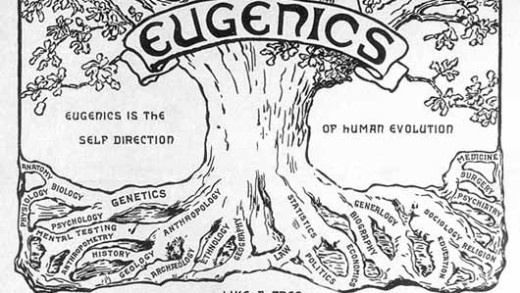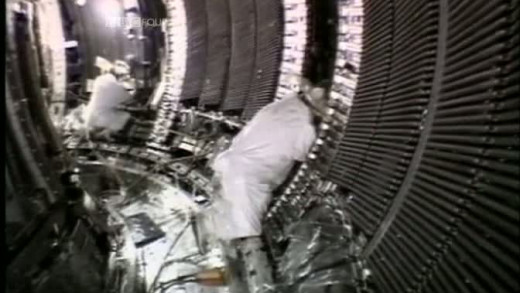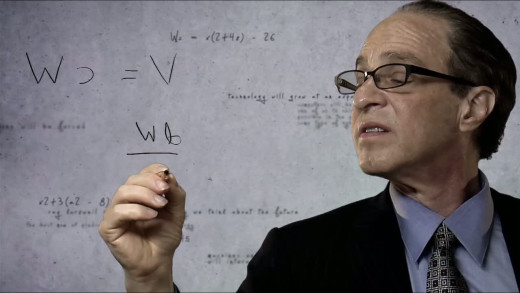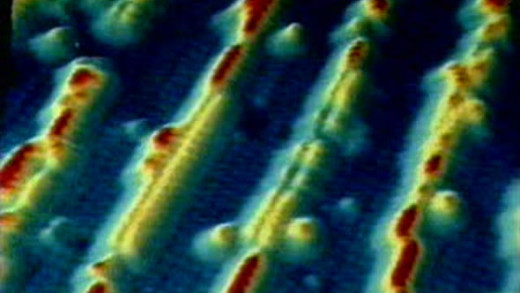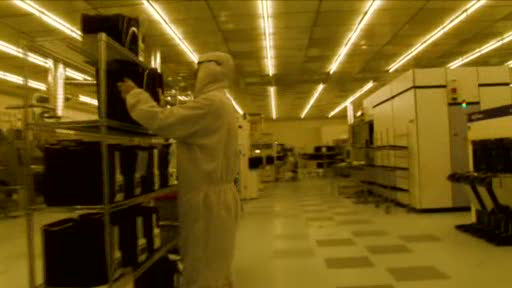The Intelligence Revolution is an extolling and largely non-critical account by advocate Michio Kaku who unflinchingly explains how artificial intelligence will "revolutionise homes, workplaces and lifestyles," and how virtual worlds will apparently become "so realistic" that they will "rival" the real physical world. Robots with "human-level intelligence" may finally become a reality according to Kaku, and in the ultimate stage of scientific mastery, the era of control imperative and domination, this culture will seek to merge human minds with so-called machine intelligence. Also, for the first time, we see how a severely depressed person can be turned into a happy person at the push of a button—all thanks to the convergence of neuroscience and microtechnology. What's wrong with such developments? And the larger culture such that technologies like this are being developed in the first place? How do such prospects impact the real physical world and the real physical lives of all of us?
Transhumanists claim a beautiful and apparently now-not-so-distant utopian future made possible by artificial intelligence, life extension and cybernetic technologies. But upon examining the convergence of these technologies and the history behind them, Age Of Transitions details how this movement of "transcending human limits" was born out of pseudo-science eugenics, and what the implications are for a world divided by the have's and have-not's.
The Quantum Revolution spouts claims of turning many ideas of science fiction into science fact—from materials with mind-boggling properties like invisibility through to so-called "limitless quantum energy" and room temperature superconductors, to a space elevator for tourism. Are such developments worthwhile, sustainable, equitable or even necessary? Scientists forecast that in the latter half of the century everybody will have a personal matter fabricator that "re-arranges molecules to produce everything from almost anything." Yet how will those in power ultimately use the domination of matter and life on Earth? How is science already doing this and to what ends? What are the unasked questions about science itself and the desire to control the very fabric of the universe? What insanity are we up against?
Ray Kurzweil, noted inventor and futurist, is a man who refuses to accept physical reality and the inevitability of death. Instead, he claims that the trending exponential increase in the growth of information technology can continue indefinitely, and that a so-called "singularity" will emerage—a point where humans and machines will converge, allowing one to "transcend" biological "limitations." But there are many who share deep concerns about the consequences of working towards Kurzweil's world...
Nanotechnology has the potential to create many new materials and devices with a vast range of applications -- such as in medicine, electronics or energy production for example. On the other hand, nanotechnology raises many of the same issues as with any introduction of new technology, including concerns about toxicity and the impact on the environment. The difference in this case being that nanomaterials are in use in products and industry right now and these concerns are seemingly going unaddressed...
Technocalyps
The latest findings in genetics, robotics, artificial intelligence, bionics and nanotechnology appear in the media frequently, but almost no analysis is found of their common aim which is to "exceed human 'limitations' and capability"—literally to 'transcend' humanity: transhumanism. This three part series covers the notion of transhumanism, the desire of technologists to become physical machines in totality, prompting serious physical, ethical, philosophical and practical questions. Will the transhumanists achieve their sacred so-called singularity? And what will that mean in the real world?

